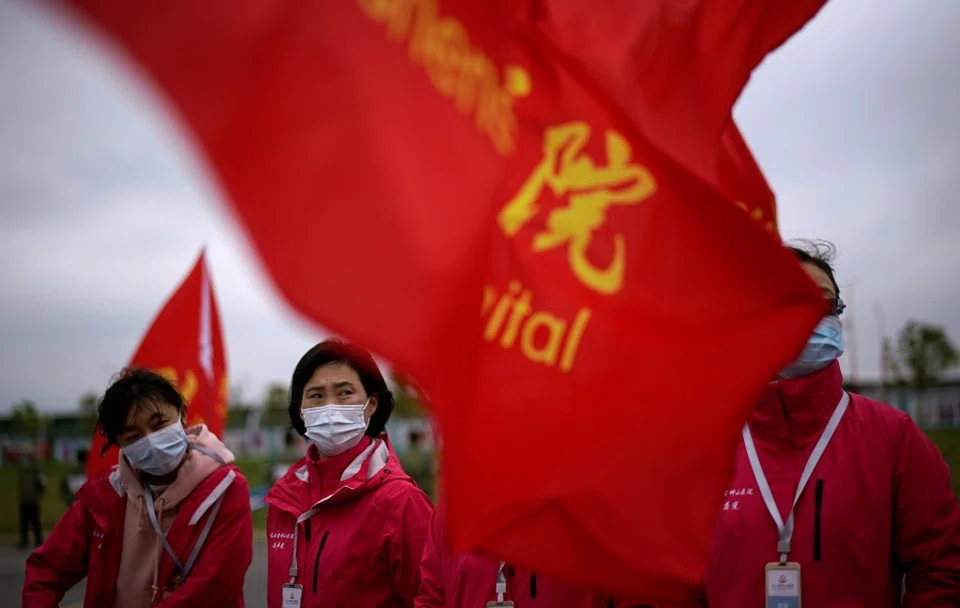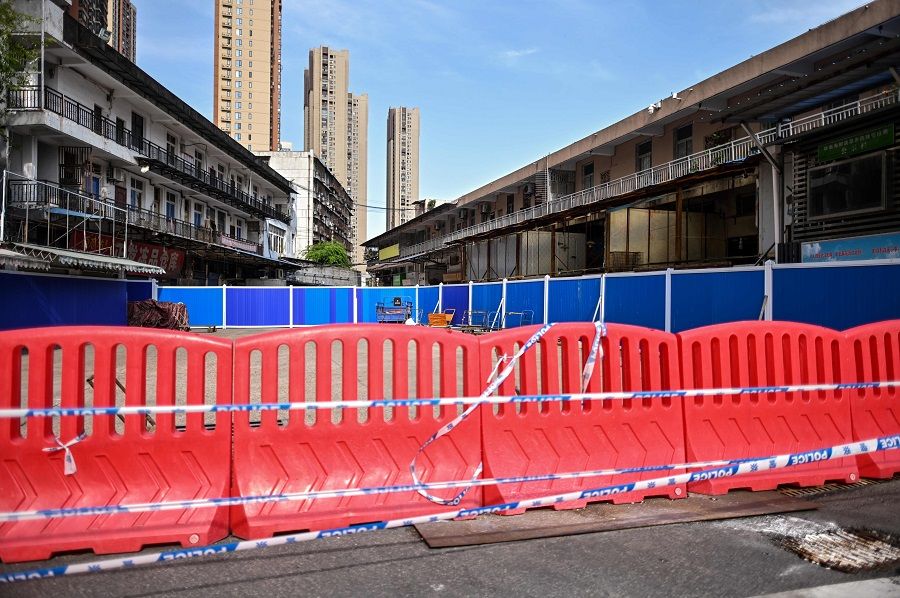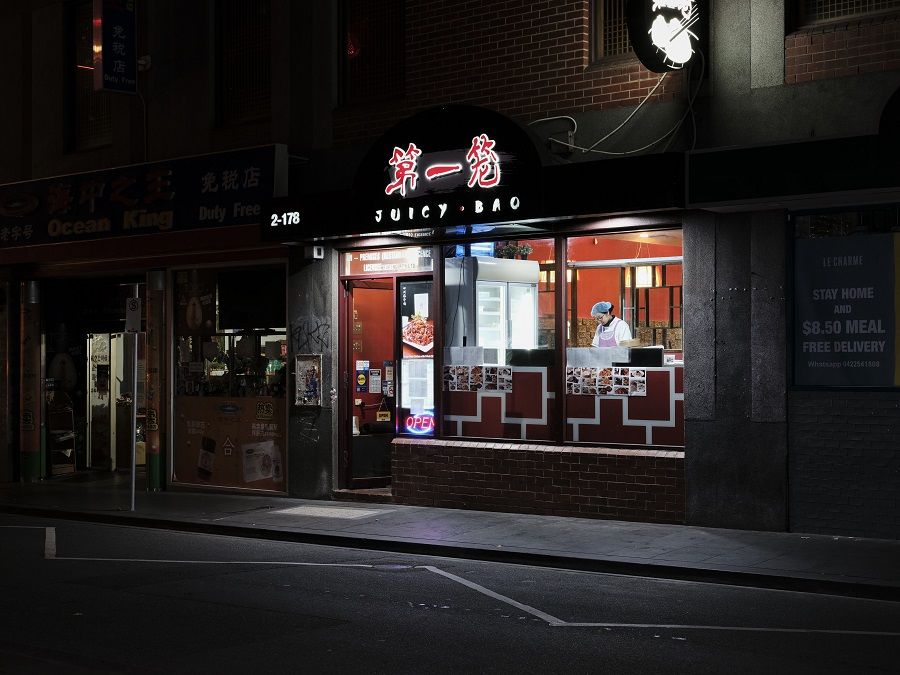How to get the world to believe in China's case?

Following revisions made to Wuhan's confirmed cases and death toll as a result of the Covid-19 pandemic (an increase by 325 to 50,333 cases, and by 1,290 to 3,869 deaths), China has also released the consultation records of the first seven confirmed cases of the coronavirus, indirectly answering questions and doubts about the outbreak's origin and China's initial handling of the epidemic.
Unless China holds those who have covered up the outbreak fully accountable, they will not get the upper hand in shaping the global narrative on the pandemic.
However, academics interviewed think that releasing such information with nitty-gritty details would not help to reverse the entrenched impressions that the international community has of China. Unless China holds those who have covered up the outbreak fully accountable, they will not get the upper hand in shaping the global narrative on the pandemic.
Chinese state media, China Global Television Network (CGTN), released a video interview with Dr Zhang Jixian, director of the respiratory and critical medicine department at Hubei Hospital of Integrated Traditional Chinese and Western Medicine, late Saturday (18 Apr) night.
According to the consultation records kept by this doctor who was the first to report the cases to the higher-ups, the fourth patient of this first batch of confirmed cases was admitted to hospital on 27 December 2019. Two days later, a group of ten department doctors together with the hospital's director were involved in the consultation procedure and had suggested that the case be reported to the disease control departments of Wuhan city and Hubei province.

Dr Zhang said that this patient had sold frozen meat at the Huanan Seafood Wholesale Market and was the most serious and representative case among the first seven confirmed cases. As the seven patients exhibited similar symptoms, the hospital conducted a meeting and discussion. She also said that the region's Centre for Disease Control and Prevention had come to investigate and collect samples on 27 and 29 December after they were notified, which was "quite a timely response".
China's efforts from revising its toll to the release of consultation records, was to appease external scepticism and prepare for the possibility of being taken to the International Court of Justice over the Covid-19 pandemic.
Doctors did not want to jump the gun
Why was the possibility of human-to-human transmission not announced earlier to the outside world? Dr Zhang said that understanding a disease takes time, and in adopting a cautious and scientific attitude, "much could not be said before the situation was fully understood". She also admitted that the coronavirus was far more contagious, and the outbreak way more serious than they had expected then.
Professor Li Mingjiang of Singapore's Nanyang Technological University's S. Rajaratnam School of International Studies told Lianhe Zaobao during an interview that China's efforts from revising its toll to the release of consultation records, was to appease external scepticism and prepare for the possibility of being taken to the International Court of Justice over the Covid-19 pandemic. However, numerous reports prior to what was recently released have already convinced various countries that China is responsible for the outbreak's spread - it is difficult to reverse such views.
...the best way for China to handle this is to conduct a thorough investigation of those who had allegedly concealed the outbreak, and respond to external scepticism with an honest and transparent attitude. - Prof Li Mingjiang
As the country with the earliest outbreak of the coronavirus, China has been increasingly blamed for the outbreak following its global spread. Apart from the US that has always attacked China, the UK, France, and Australia have also spoken up over the past week, demanding answers from China as to where the virus originated from. As a result, discrimination against Asians has been going on an upward trend with no sign of letting up. For example, a Singaporean student in Melbourne was insulted and physically attacked by locals last Wednesday (15 Apr).

Prof Li said that one can easily come to the conclusion that there was a cover-up and some mishandling of the outbreak by Chinese local governments based on the information that has been reported by the media. Politicians who took the opportunity to push the blame to China will not retract their accusations just because of some minor details recently released. In actual fact, even after China revised its toll, US President Donald Trump posted a tweet saying: "China has just announced a doubling in the number of their deaths from the Invisible Enemy. It is far higher than that and far higher than the U.S., not even close!"
Under current circumstances, Prof Li believes that the best way for China to handle this is to conduct a thorough investigation of those who had allegedly concealed the outbreak, and respond to external scepticism with an honest and transparent attitude.
He pointed out, "Some people worry that this may equate to confirming the allegations against China, but if seen from a national level, the Chinese government has notified the international community of an outbreak early on. It also maintained adequate communication with the World Health Organisation and there was no deliberate cover-up of the outbreak. Internationally speaking, holding the country accountable for local officials' ineptitude makes no sense."
